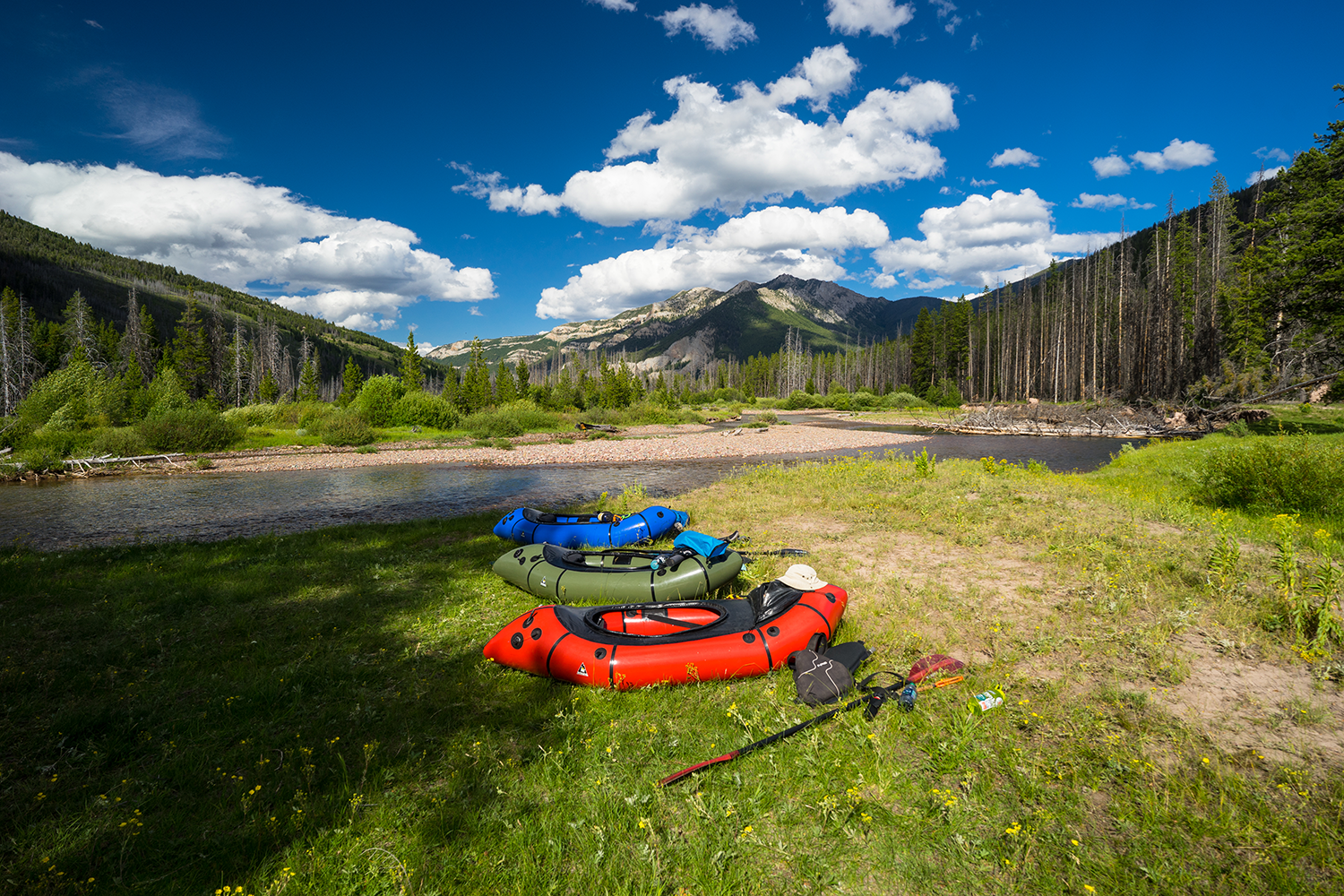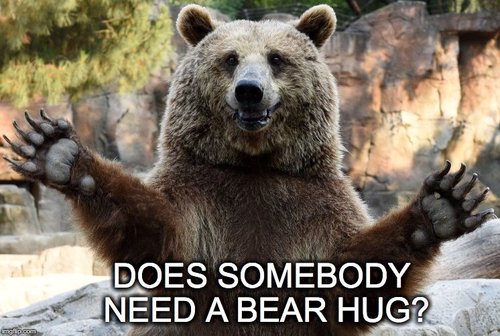Irrelevant
Well-known member
I'm sure there is already a thread on this but I'm starting another anyway. Who pays and how do they pay for the exploitation of our public land recreation resource? When is enough enough? Is "wild" dead?

 www.hcn.org
www.hcn.org

The ‘wreckreation’ in our wild places - High Country News
Too many people and too much poop.
 www.hcn.org
www.hcn.org





